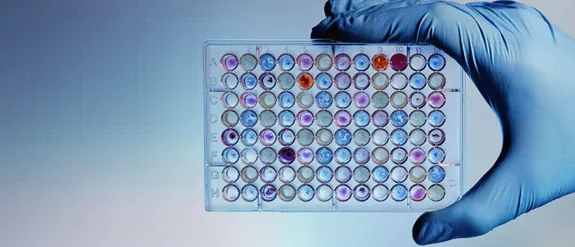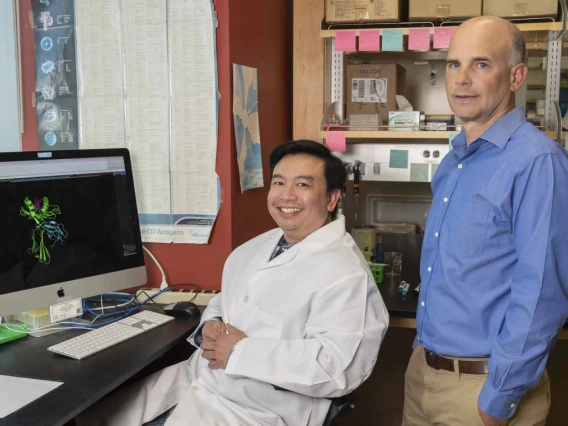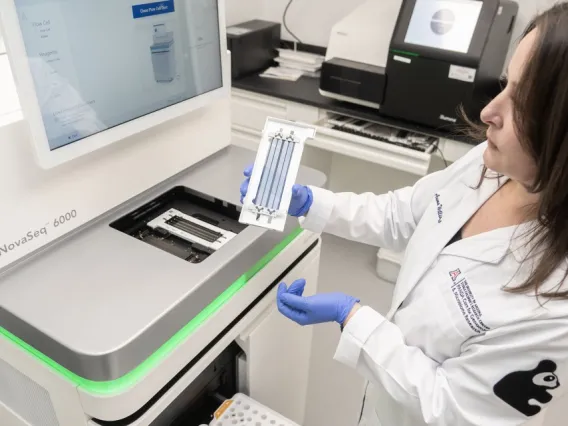
Precision Medicine
“Omics” in precision medicine refers to the collective technologies used to explore the roles, relationships, and actions of various molecules that are expressed in the cells of an organism. The variability in physiological processes, including a person's background, genes, environment, and lifestyle, is the basis for why some patients respond well to particular treatments, and others do not.
The BIO5 Institute leverages the University of Arizona's strengths in genomics, biochemistry, pharmacy, and translational medicine to build collaboration in the characterization of the products of gene expression, including proteins (proteomics), lipids/fats (lipidomics) and their metabolic products (metabolomics). Not only are these important indicators of human health, but they can help scientists create personalized, targeted therapies.
We are well positioned through basic and clinical research in precision medicine to develop strategies that advance understanding of the factors contributing to individual health, disease, and personalized approaches to disease prevention, early detection, and treatment.
- Scientists are studying detecting genetic mutations, examining the role of gene expression in response to the environment, and measuring protein and metabolite production to advance patient-based research.
- One example area of development is clinical pharmacogenomics, where University of Arizona researchers are translating genomic analyses to clinical diagnostics that guide precision therapeutics, particularly in cancer.
- Teams of scientists are leveraging the diversity of Arizona to understand the biological characteristics that are more common among individuals of various racial/ethnic groups to tailor individual diagnostics and therapeutics to improve efficiency.



